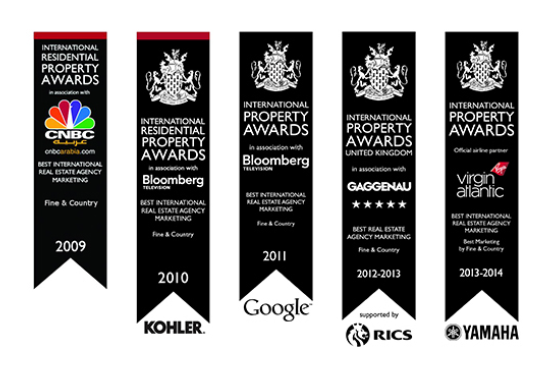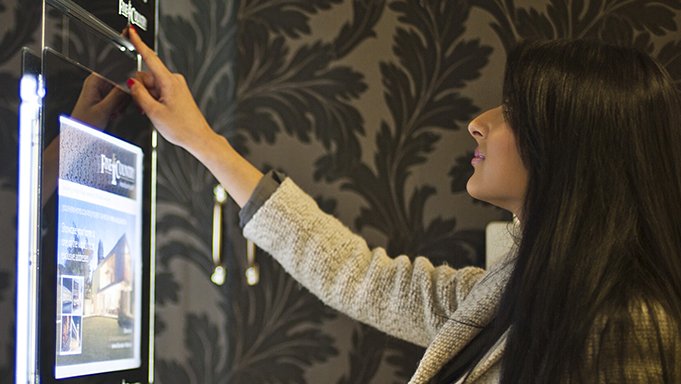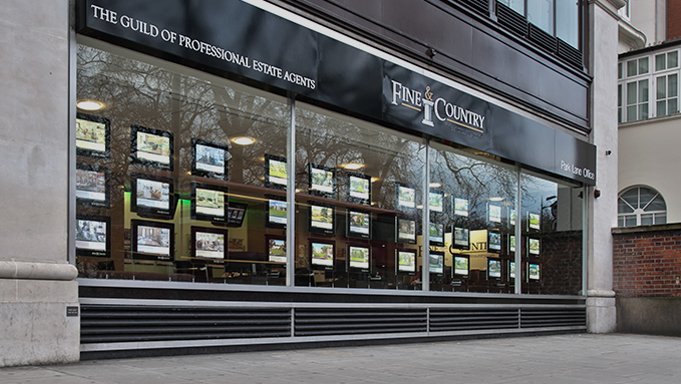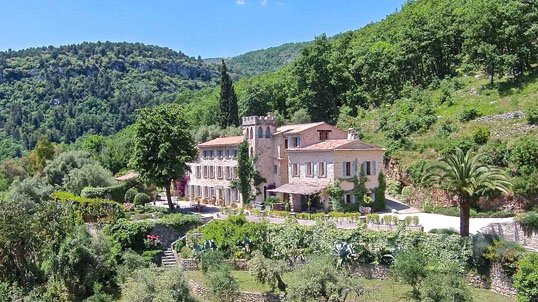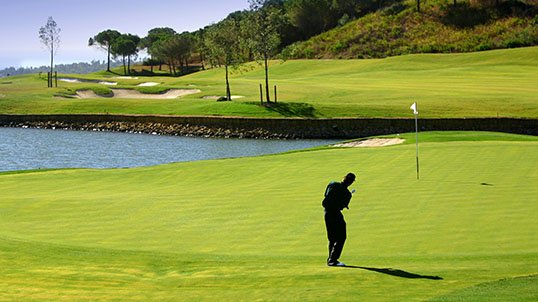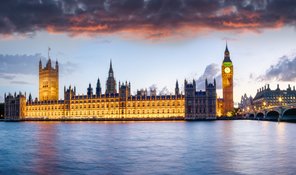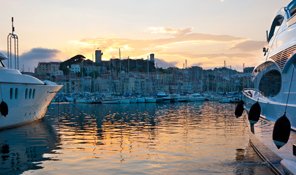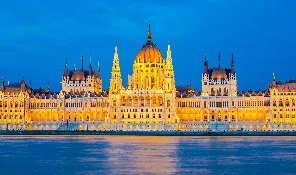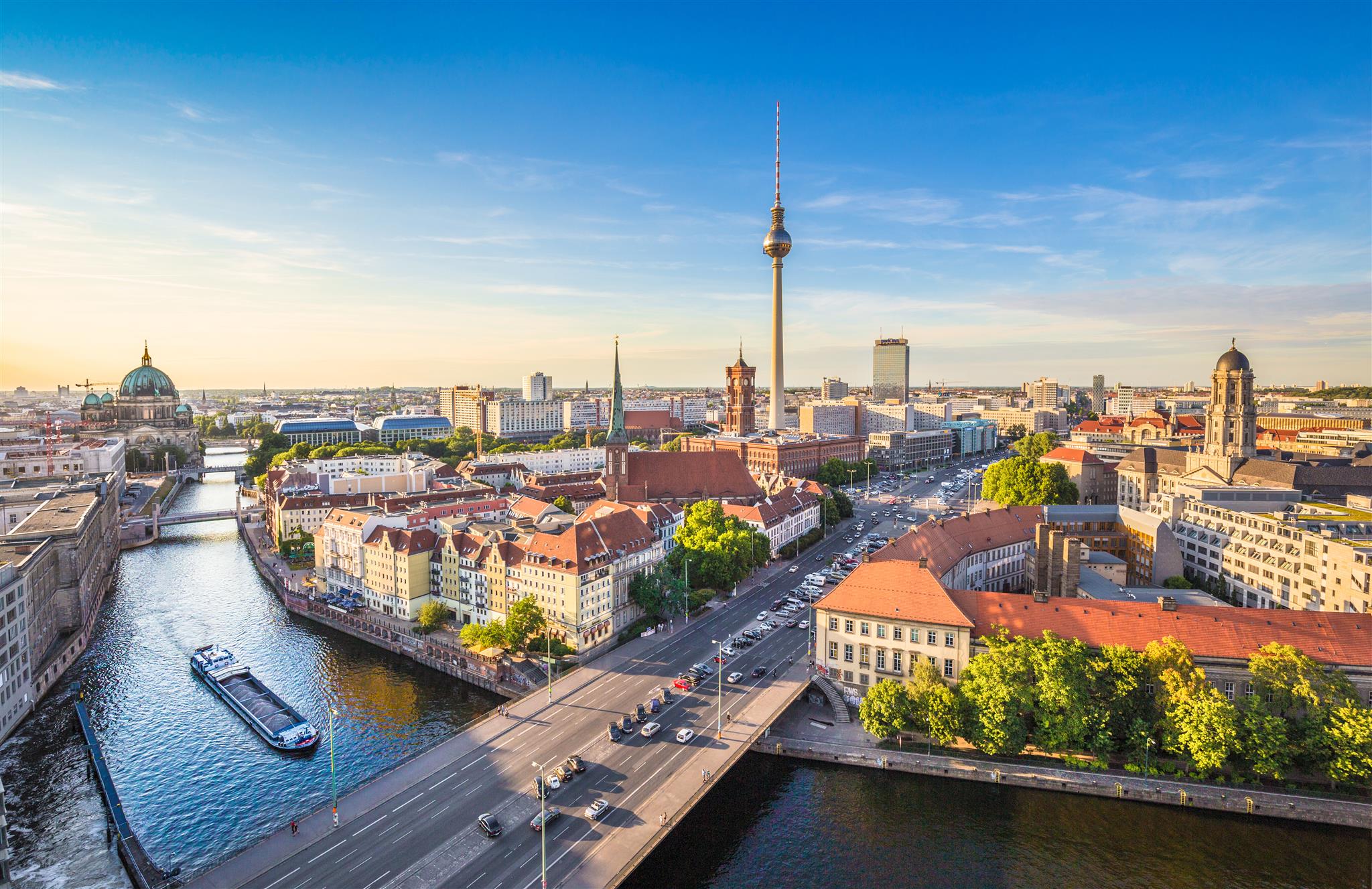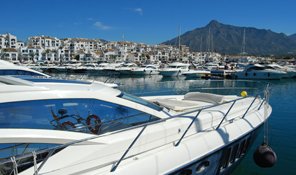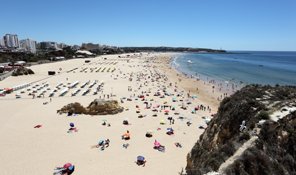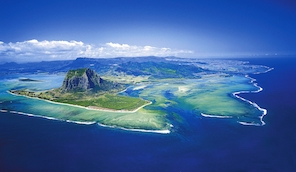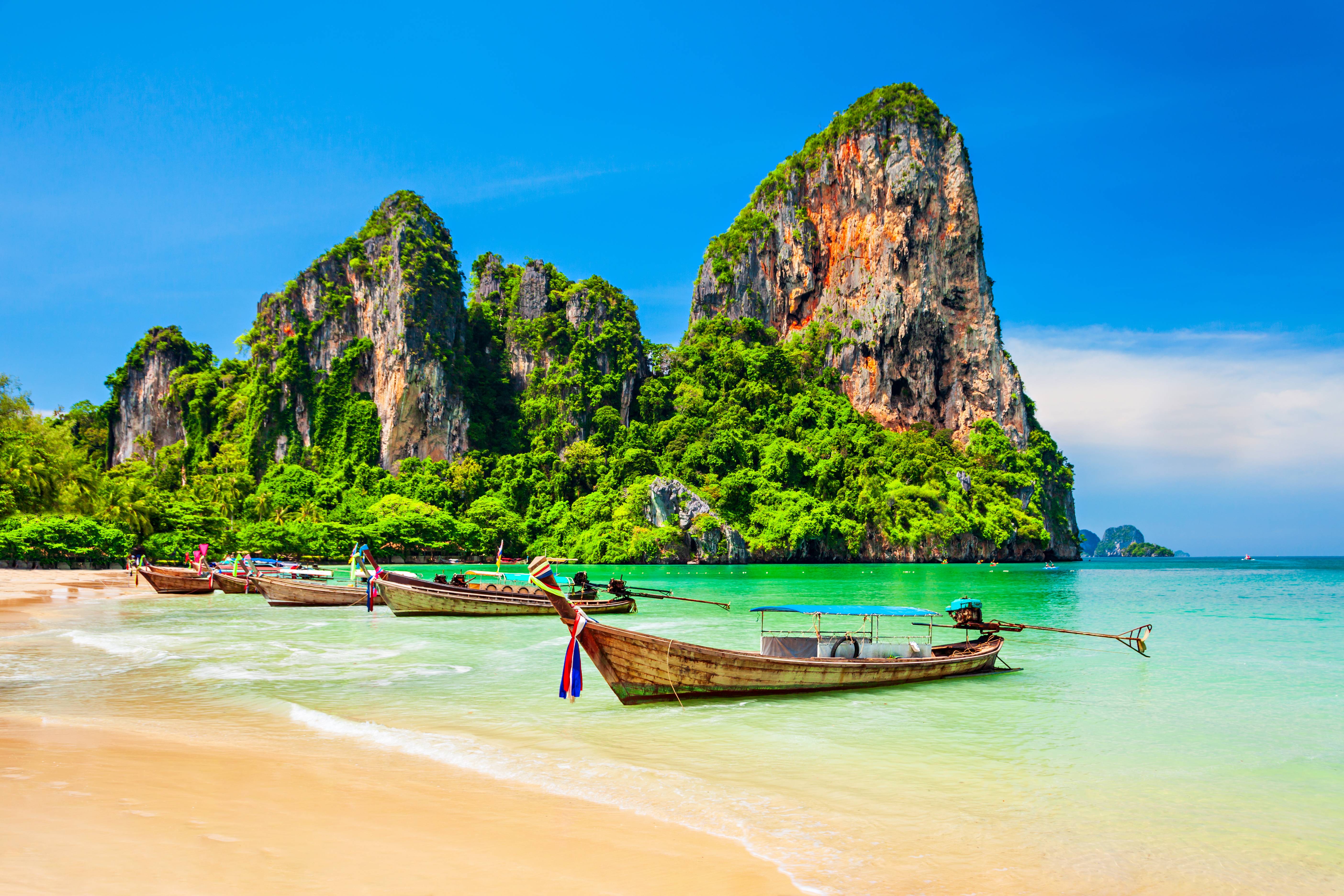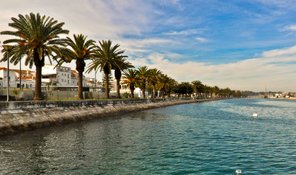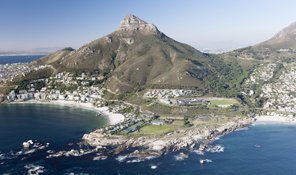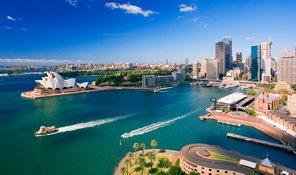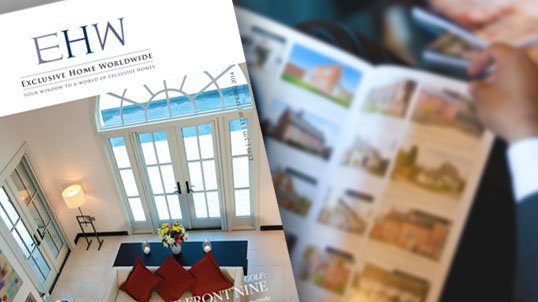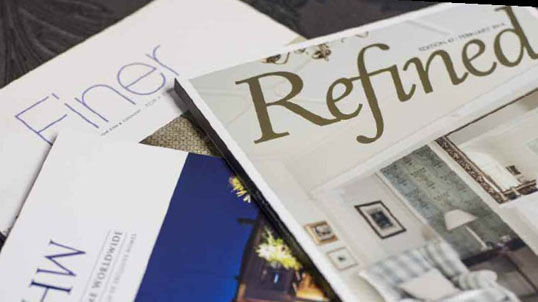France Health-Check 2014
France in 2014.
Reforms, hopes and expectations….An objective look at the big picture and a “crystal ball” into the undoubtedly exciting year ahead.
President Hollande unveiled a series of policy measures in January, including public spending cuts and tax relief for businesses, designed to strengthen France’s sluggish economy. Big questions remain about his ability to implement his plans in the face of opposition from unions and within his own Socialist party of course, but the steps he has proposed are being compared to reforms pushed through a decade ago by former German Chancellor Gerhard Schroeder. Many economists credit those reforms with returning Germany from its position of “the Sick Man of Europe” (do you remember those days, not so long ago?) to strong growth rates and the lowest unemployment since unification.
Germany’s current Finance Minister Wolfgang Schaeuble said at the World Economic Forum in Davos in January, following Hollande’s announcements: “France is and remains a strong country and France will make the right decisions.”
We hope Minister Schaeuble is right!
Even the French-bashing “The Economist” on 11 January stated that “The New Year’s words seem encouraging. But this time will Mr Hollande stick to them?”
We hope so!
La Belle France……
France is sometimes depicted as something close to a rogue economy, where workers are constantly on strike, businesses are held hostage to all powerful unions, and free enterprise is virtually impossible.
She is currently in the doldrums, however like most myths, the rogue economy myth, largely perpetrated by people with an axe to grind, has little grounding in reality and weaknesses are blown out of proportion, and strengths swept under the carpet. For all its weaknesses – and its strengths – the French economy is still alive, and performing above average in G20 terms.
It is easy to forget a few basics in an era when France is (so often rightly) criticised:
- France is the world’s 5th and Europe’s 2nd largest national economy by nominal GDP.
- Credit Suisse’s “Global Wealth Report” ranks France the wealthiest European country with 2.6 million “dollar-millionaires” (4% of the total population), and the world’s 4th wealthiest nation in aggregate household wealth.
- The wealthiest European is the French multibillionaire and LVMH CEO and owner Bernard Arnault. The world’s third wealthiest woman is French L’Oreal cosmetic empire heiress Liliane Bettencourt.
- With 31 of the 500 biggest companies in the world in 2013, France ranks 5th in the Fortune Global 500, behind the USA, China, Japan and the UK.
Paris is the second most important location in the world for the headquarters of the world’s 500 largest companies: there are more Fortune Global 500 company headquarters in Paris than in Beijing, New York, London or Munich, but fewer than in Tokyo.
So please don’t write her off just yet:
AXA is one of the world’s largest insurance companies; Air France is the world’s largest airline company in incomes; L’Oreal is the world’s largest cosmetic company; LVMH and PPR are the world’s largest and second-largest luxury product companies respectively; GDF-Suez is the world’s largest energy company; EDF is the world’s largest utility company; Areva is a large nuclear-energy company; Veolia Environnement is the world’s largest environmental services and water management company; VINCI, Bouygues and Eiffage are respectively world’s 1st, 2nd and 4th building and public work companies; Michelin is the world’s pneumatic leader; Lafarge is the world’s largest cement company; JCDecaux is the world’s largest outdoor advertising corporation; BNP Paribas, Credit Agricole and Societe Generale are respectively the world’s 1st, 6th and 8th biggest banks in assets in 2010; Carrefour is the world’s second largest retail group in terms of revenue; Total is the world’s fourth largest private oil company; Danone is the world’s fifth largest food company and the world’s largest supplier of mineral water; Sanofi Aventis is the world’s fifth largest pharmaceutical company; Publicis is the world’s third largest advertising company; PSA is the world’s 6th and Europe’s 2nd largest automaker; Renault-Nissan is the world’s leading electric car developer among major automakers; Accor is the leading European hotel group; Alstom is one of the world’s leading conglomerates in power generation and transport; Pernod Ricard is one of the world’s biggest producers of distilled beverages (owning the former Seagram distilleries). (Wikipedia)
Some more…
- France is the world’s sixth-largest agricultural producer and the European Union’s leading agricultural power, accounting for about one-third of all agricultural land within the EU.
- France is the world’s most popular tourist destination with more than 82 million foreign tourists per year. This figure excludes people staying less than 24 hours in France
- France is also the fourth largest weapons exporter in the world.
- France is the second-largest trading nation in Europe (after Germany).
France has one of the highest levels of graduates, and the highest number of science graduates per 1000 workers of any European country.
SO WHAT ABOUT PROPERTY?
Global property markets are looking good going into 2014.
According to “Property Wire Weekly” quoting the Knight Frank index which tracks residential prices in 53 countries, the France index now stands 4% above its previous peak in the second quarter of 2008 and 12.7% above its financial crisis low in the second quarter of 2009.
They also quote Knight Frank when they state that ”a villa on the Côte d’Azur or a ski chalet in the Alps remain amongst the most popular investments for international second home buyers” and that “applicant and viewing numbers increased by 28% and 52% respectively in the third quarter of 2013 compared to the same period in 2012.”
Kate Everett-Allen, head of international residential research writes that “Despite the Euro’s resilience we are seeing a tentative but reassuring number of British buyers, including expats originally from the UK, buying in South West France, the Côte d’Azur and Provence. With prices at a seven year low in some regions there are a number of cash buyers who are seeing value in the market.”
She adds that “ with the cost of borrowing at historic lows many dollar and sterling purchasers are financing their acquisitions with a Euro mortgage as a way of mitigating any future fall in the Euro,” and that “France still offers solid fundamentals in terms of its lifestyle, security and investment opportunities. We expect the upturn in enquiries observed in the second half of 2013 to translate into sales in 2014, but buyers and their advisors will remain prudent and price sensitive.”
There you have it<
